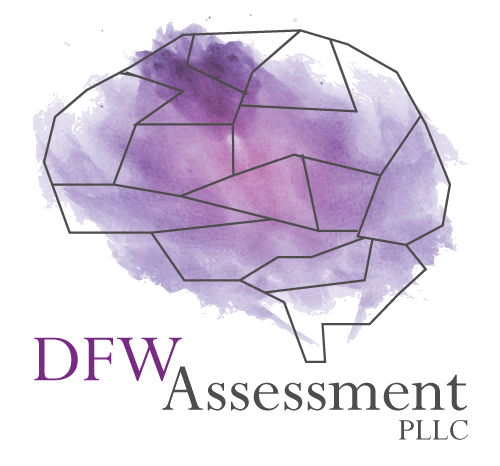What is ADHD?
Attention-Deficit/Hyperactivity Disorder (ADHD) refers to difficulty controlling a group of neurological functions referred to collectively as the executive functions. This group of brain activity is responsible for controlling our ability to focus on a specific task, organize thoughts and our environment, and effectively use working or short-term memory. When our brains do not effectively control these executive functions, it can be difficult to lead safe, healthy, and productive lives at any age. Children with ADHD often struggle in school, and adults can have difficulty maintaining jobs and/or relationships. ADHD sufferers often display behaviors like impulsivity, hyperactivity, or inattention. Current diagnostic guidelines outline three types of ADHD: predominantly inattentive; predominantly hyperactive-impulsive; and combined presentation.
Who Should be Evaluated for ADHD?
While many patients seek ADHD diagnosis for their children, this disorder can affect patients at any age, and testing can be completed for both children and adults. Before seeking diagnosis of ADHD, we encourage patients to review the following symptoms:
- Difficulty maintaining attention or impaired concentration and performance across settings (school, work, social, and home).
- Difficulty or inability to pay careful attention to details especially when a task is not particularly interesting or is mentally taxing.
- Hyperactivity which can be expressed by fidgeting, moving, or talking constantly, and patients are frequently described as seeming to be constantly in motion as if driven by a motor.
- Difficulty or inability to control impulses which may be expressed by frequently interrupting others, struggling to follow through with commitments, and anger management issues.
It’s also important to understand that most people experience these behaviors or symptoms at some level. This does not necessarily mean you are suffering from ADHD; furthermore, many other disorders have core symptoms that can mimic ADHD. That’s why we have customized test batteries to help determine whether or not patients suffer from this disorder. Patients who struggle with ADHD-type symptoms may also be experiencing a number of other conditions including autism spectrum disorder and certain learning disabilities.
What Kind of Testing is Involved?
In some cases where patients demonstrate significant difficulty with concentration and/or hyperactivity, we may recommend focused testing for just ADHD. Because the signs and symptoms of ADHD are common to other disorders, we may recommend patients receive a more advanced battery of neuropsychological assessments. In order to ensure accurate diagnosis, we may use any number of testing components, including:
- Clinical interviews
- Rating scales
- Neuropsychological batteries
- Achievement testing
- Cognitive evaluation
- Observation
In addition to our own assessments, we ask that parents or patients also provide us with any additional medical history, reports from education professionals, and/or past reviews from school counselors and others who have provided feedback that may be relevant to accurate ADHD diagnosis.
In addition to subjective ratings of behavior, one of the most common and effective tests we use to provide diagnostic information is the continuous performance test (CPT). Administered via computer, these tests evaluate a patient’s ability to sort through stimuli and pay attention to only relevant factors. These evaluations can also be performed to help us better understand the effectiveness of potential treatment options.
